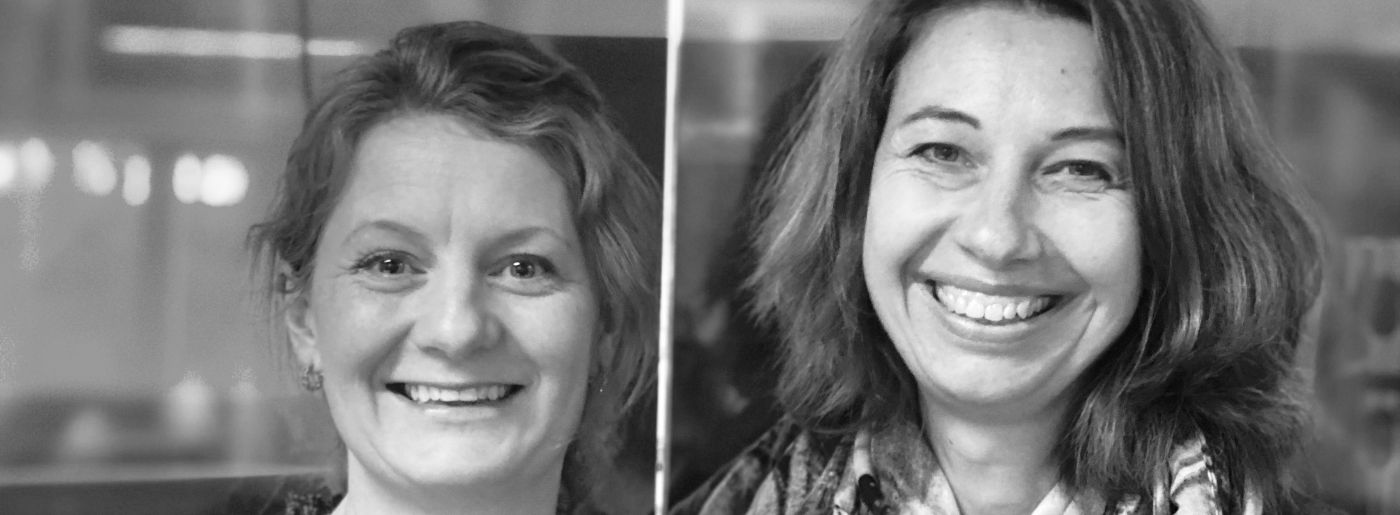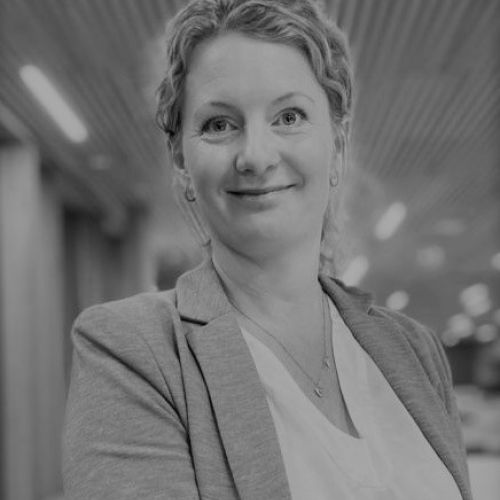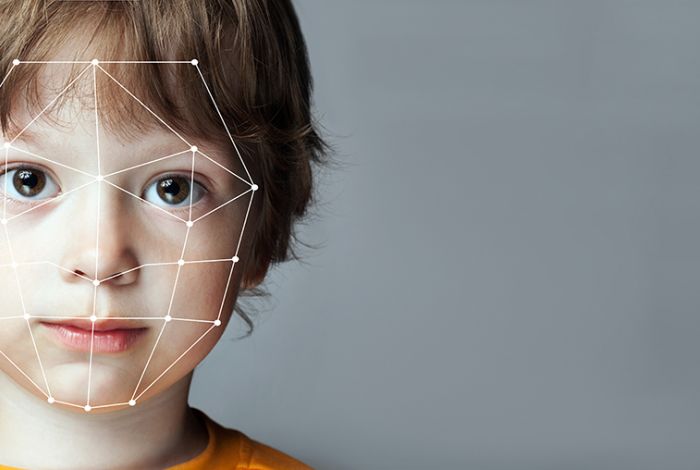Precision Medicine into Patient Treatment

What is precision medicine and how do we get all the amazing things that goes on in research out to the patient? In this episode, Vibeke and Silvija discuss how BigMed works with clinical implementation. Specific demos and the development of solutions highlights a latent potential and can lead to new ways of resolving challenges in the Norwegian health care.
Follow this link to listen to the podcast!
Learnings from the episode
- The BigMed-project
- Clinical implementation
- Genetics
- Precision medicine
- Patients' expectations
This article is from an episode of #Lørn, made in collaboration with LørnTech.
Quick Q and A with Vibeke
Title and company?
Project Manager BigMed, Principal Researcher and Dept. Program Director DNV GL.
Education and hobby?
Civil Engineer, product development and production. Dog training.
SoMe tags and links?
@bigmedproject #bigmed #precisionmedicine #healthdata #datasharing #genomicsdata #clinicaldata #ai #personalisedmedicine
Who are you and how did you get into innovation / technology?
Vibeke Binz Vallevik, who has a degree in Mechanical Engineering from Trondheim (background in quality and risk management, project management). I am interested in how things are interrelated to see the big picture. Furthermore, I have also been involved in a number of projects that are critical to society through my work at DNV GL. This is how I became interested in precision medicine.
What is the most important thing you do on the project?
Connecting different environments to discuss specific issues. That is when the magic happens! BigMed is an IT-project that paves the way for clinical implementation of precision medicine in Norway.
In BigMed, we define precision medicine as: "Treatment that is adapted to the individual biology and characteristics of individuals. It utilizes "new" analytical methods, such as data-driven analysis and molecular diagnostics (f.ex. genomics). Hence, it is based on insights and knowledge that come from large amounts of data."
What is your focus in BigMed?
How to get all the amazing things that goes on in research out to the patient. Today, we spend about ten years on clinical studies before it benefits the patient. We have to shorten this time. In essence: bench to bedside. Our focus is clinical implementation, specific demos and the development of solutions that highlights a latent potential and leads to new ways of solving challenges.
" Today, we spend about ten years on clinical studies before it benefits the patient. We need to shorten this time. "
There are many challenges and the potential is substantial! We adress a number of difficult barriers. Like IT-technical barriers in architecture, solutions related to Artificial Intelligence (AI), for datasharing, as well as legal and organizational challenges, a.s.o. We need to develop the right solutions, establish good systems, and ensure a safe and secure introduction of such solutions and systems (f.ex. AI).
What are the main challenges of implementing precision medicine?
Law – to find the right balance between fundamental human rights like health care and privacy.
Quality assurance: to find good systems that ensures safe and secure patient treatment. These systems should not stand in the way of innovation.
Your own, relevant projects over the last year?
100 % BigMed.
Your other, favorite examples of similar projects internationally and nationally?
Genomics England and the Danish Genomics Center. Data Lake in Canada, Denmark, Finland and what they have done within AI.
What do you think is relevant knowledge for the future?
The most important is to make use of what we have today. We produce large amounts of data that should be used to develop tailored treatments. However, these data are just being archived. We need to utilize our database and get information out to the ones who needs it - namely to the patient meeting. Knowledge develops too fast for anyone to be responsible for staying up to date. This applies to individuals and medical doctors alike.
What do we do uniquely well in Norway related to all of this?
Way too little. We like to talk about the quality of the data that we have; that we have longitudinal data, or information that represent a patients' lifetime through their medical records, which again are linked to their unique social security number. However, there are only five million inhabitants in Norway. It becomes increasingly important to share our information with others and to join international initiatives.
Recommended literature / videos about your professional field?
- BigMed-report on barriers for implementing precision medicine, follow this link.
- Projects and publications on bigmed.no, follow this link and this link, respectively.
- The BigMed conference 2020, follow this link.
- FDA-page on pharmacogenetics, follow this link.
Food for Thought
The process of implementing digital health information is considered by many to be too slow. On that note, is it actually necessary to reinvent the wheel to resolve better communication in health care?
" ... is it actually necessary to reinvent the wheel to resolve better communication in health care? "
Vibeke Binz Vallevik
Prosjektleder BigMed / DNV GL
DNV GL Precision Medicine research / OUS Intervention Center

Relevant Projects


